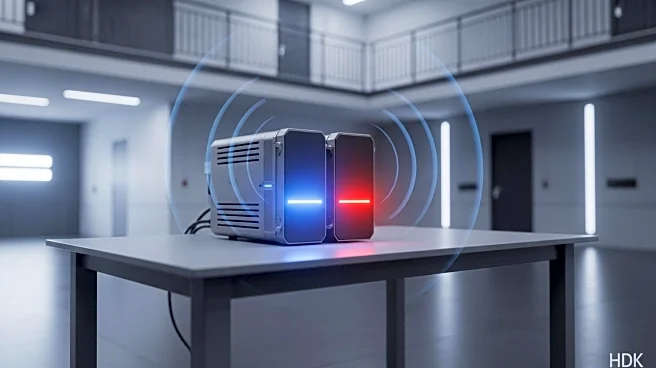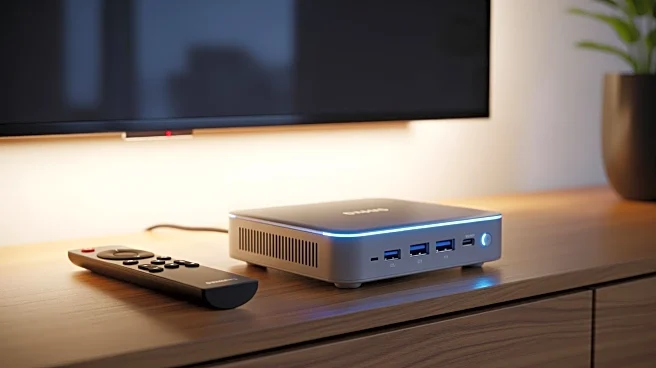What's Happening?
The Federal Communications Commission (FCC) is set to vote on a proposal to lift restrictions on cellphone jamming technology in state prisons. This move comes after years of advocacy by Robert Johnson, a former prison guard who survived a shooting orchestrated by an inmate using a contraband cellphone. The proposal faces opposition from the wireless industry, which argues that jamming could interfere with signals outside prison walls and disrupt emergency communications. Despite these concerns, proponents believe jamming technology is essential to prevent inmates from using cellphones to organize crimes and violence.
Why It's Important?
The FCC's consideration of cellphone jamming in prisons addresses a critical issue of contraband cellphones facilitating criminal activities within correctional facilities. Allowing jamming technology could enhance prison security and prevent inmates from coordinating illegal activities. However, the proposal raises concerns about potential interference with legitimate communications and emergency services, highlighting the need for careful implementation and oversight. The decision could set a precedent for how technology is used to address security challenges in correctional facilities, impacting policies and practices nationwide.










